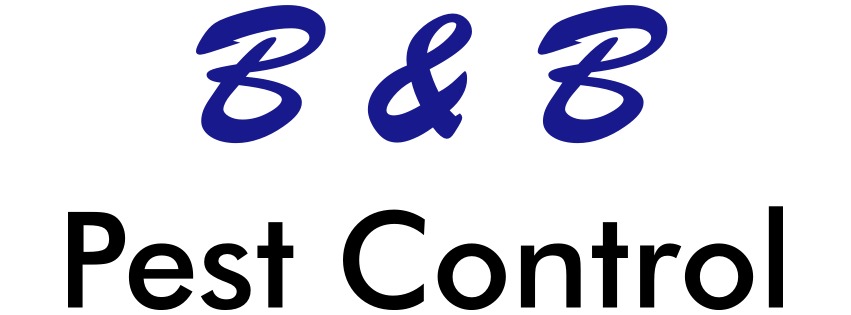In Massachusetts this year an unprecedented number of people have contracted eastern equine encephalitis from bites inflicted by infected mosquitoes. Eastern equine encephalitis, or EEE, is a mosquito-borne disease that is typically rare in Massachusetts and the entire country. This disease progresses rapidly following a bite from an infected mosquito, and one third of all those who become infected ultimately die from the disease. Most mosquito-borne diseases, like the Zika virus and West Nile virus, are particularly harmful to young children, the elderly and immunocompromised individuals, but EEE does not discriminate, as the latest EEE fatality in Massachusetts was a healthy man in his fifties.
Just a few days ago, a Taunton resident, Scott Mosman, became the third EEE victim to die from the disease in Massachusetts during 2019. A fourth person in the state reportedly died from the disease shortly before Mosman passed away, but details surrounding this fourth victim have yet to be released by the health department. So far this year, 12 people have contracted EEE from bites inflicted by infected mosquitoes in Massachusetts, and public health officials have announced that the disease-threat posed by local mosquitoes is “critical” in 35 communities in the state, while 53 communities are at “high” risk, and 121 are at “moderate” risk. The communities at critical risk include Raynham, Easton, Norton, Acushnet, Freetown, Lakeville and New Bedford, and the communities at high risk include Taunton, Dighton, Berkley, Bridgewater, East Bridgewater and West Bridgewater.
A five year old Sudberry girl, Sophia Garabedian, is one of the 12 people who have contracted EEE in Massachusetts this year, and she was recently released from the hospital after she was admitted nearly a month ago for serious symptoms related to EEE-induced brain swelling. Sophia became well enough to be released from the hospital after people from all over donated nearly 200,000 dollars to help her family pay for her medical bills. Unfortunately, there is no vaccine or “cure” for EEE, and there are very few treatment methods that have proven beneficial.
Do you believe that Massachusetts will see more EEE fatalities before the year ends?

